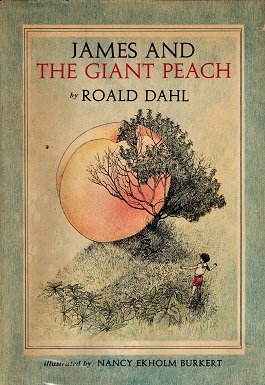Karl Adolph Gjellerup
Explore the key events in the life of Karl Adolph Gjellerup, the Danish poet and novelist known for being a Nobel Prize laureate. This timeline highlights significant milestones and achievements from his birth in 1857 to his literary contributions and recognition in the early 20th century.
Birth of Karl Adolph Gjellerup
Karl Adolph Gjellerup was born on June 2, 1857, in Roholte, Denmark. He would later become a notable Danish novelist and poet, remembered for being one of the few Danes to have received the Nobel Prize in Literature. His works typically explored philosophical and existential themes, and he was deeply influenced by his study of German culture and religion.
Awarded the Nobel Prize in Literature
On December 10, 1917, Karl Adolph Gjellerup was awarded the Nobel Prize in Literature, sharing it with Henrik Pontoppidan. The Nobel Committee recognized Gjellerup for his rich and varied body of work that delved into existential themes and blended Nordic and German cultural influences. This prestigious award cemented his place in literary history as one of Denmark's most celebrated authors.
Death of Karl Adolph Gjellerup
Karl Adolph Gjellerup passed away on October 11, 1919, in Dresden, Germany. He left behind a significant body of work that had a lasting impact on Danish and Scandinavian literature. His exploration of philosophical themes, combined with his ability to cross cultural boundaries in his writing, established him as a notable figure in world literature.
Publication of 'En Idealist'
In 1880, Karl Adolph Gjellerup published 'En Idealist' (An Idealist), one of his early novels. This work explored philosophical ideals, a common theme in Gjellerup's writing, reflecting his interest in existential questions and human introspection. The novel helped establish him as an intellectual figure in Danish literary circles.
Publication of 'Pilgrimen Kamanita'
In 1904, Gjellerup published 'Pilgrimen Kamanita' (The Pilgrim Kamanita), a novel that incorporates his interest in Eastern philosophies, particularly Buddhism. The novel is a reflection on the meaning of life and the concept of reincarnation, illustrating Gjellerup's expanding intellectual horizons and his ability to integrate various cultural themes into his literary work.
Publication of 'Minna'
Karl Gjellerup published the novel 'Minna' in 1892, which is considered one of his significant works. The novel further demonstrated Gjellerup's literary prowess in exploring complex human emotions and existential themes. 'Minna' is notable for its psychological depth and intricate character studies, contributing to Gjellerup's reputation as a key figure in Scandinavian literature.
Publication of 'Verdensvandrerne'
In 1894, Gjellerup published 'Verdensvandrerne' (The World Wanderers), expanding his repertoire to include themes of travel and exploration. This novel was another demonstration of his engagement with philosophical and existential themes, showcasing his interest in the human experience across different cultures and landscapes.
Publication of 'Germanernes Lærling'
In 1883, Karl Adolph Gjellerup published the novel 'Germanernes Lærling' (The German's Apprentice). This work continued his deep dive into cultural and philosophical issues, blending his interests in German culture with his narrative style. It marked a significant step in his career as he began to focus more on German themes in his literature.
Posthumous Recognition and Legacy
After his death in 1919, Karl Adolph Gjellerup’s works continued to be celebrated for their intellectual depth and cultural resonance. His novels and poems remain subjects of academic study and are appreciated for their philosophical insights and exploration of existential themes. Gjellerup's literary achievements continue to influence writers and scholars in Denmark and beyond.
Publication of 'Det Røde Hav'
In 1918, Gjellerup published 'Det Røde Hav' (The Red Sea), one of his later works. This novel continued to explore his long-standing interests in philosophy and the human condition, reflecting his ongoing engagement with existential questions. 'Det Røde Hav' is noted for its thematic complexity and its philosophical exploration of human existence.
Frequently asked questions about Karl Adolph Gjellerup
Discover commonly asked questions regarding Karl Adolph Gjellerup. If there are any questions we may have overlooked, please let us know.
What are some notable works by Karl Adolph Gjellerup?
What themes are prevalent in Karl Adolph Gjellerup's works?
Who was Karl Adolph Gjellerup?
When did Karl Adolph Gjellerup receive the Nobel Prize in Literature?
Related timelines
More timelines connected to Karl Adolph Gjellerup







